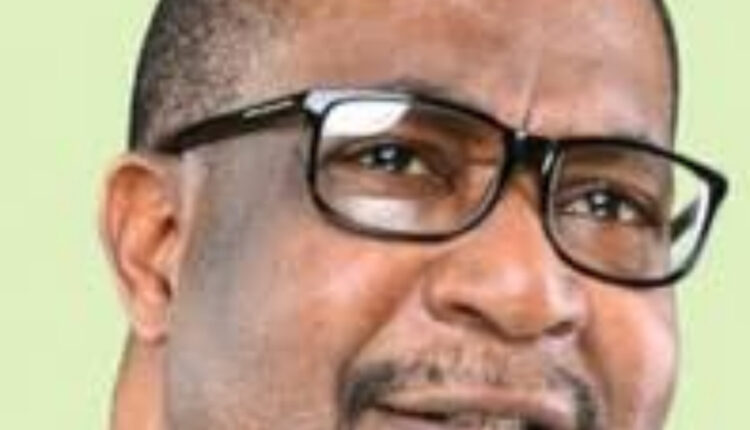Mambilla Case Wobbles After EFCC Star Witness Confirms No Forensic Tests
A stunning disclosure jolted the Federal High Court on Monday at the resumed trial of former Minister of Power, Dr. Olu Agunloye, when the EFCC’s star witness, Umar Babangida, admitted under cross-examination that he declared a critical contractual letter “forged” without comparing it to any genuine document or conducting a forensic examination.
Appearing as Prosecution Witness 3 (PW3), Babangida, an Assistant Commissioner of Police and seasoned Chief Investigation Officer of over a decade with the EFCC, faced continued cross-examination at the Federal High Court in Abuja in the long-running Mambilla power project case.
The defence counsel, Mr. Adeola Adedipe (SAN), continued his methodical dissection of earlier testimonies provided by the EFCC’s star witness.
The cross-examination highlighted multiple contradictions from Babangida’s October testimony, including his admission that no presidential directive had been violated by Dr. Agunloye, directly challenging the prosecution’s original narrative.
He further admitted that his earlier assertion that Agunloye and Sunrise Power’s CEO, Mr. Leno Adesanya, were close associates was incorrect. Babangida confirmed that the former minister had never met Adesanya prior to awarding the Mambilla BOT contract in 2003 and only encountered him twice afterward—once in 2014 and again in 2018—long after leaving office.
These acknowledgments cast fresh doubt on the prosecution’s claim that their supposed close relationship influenced the contract award.
But the most dramatic moment came when the defence turned to the EFCC’s charge that Agunloye forged the May 22, 2003 letter awarding the Build-Operate-Transfer (BOT) contract to Sunrise Power.
When asked how he concluded that the letter was forged, PW3 responded that he formed his opinion merely by “going through it.”
He admitted that: He did not compare the letter with any known genuine version;
No forensic tests, technical assessments, or expert analyses were performed;
The conclusion of forgery was based purely on his personal impression.
The revelation sent murmurs across the courtroom, raising concerns about the investigative rigor behind one of the central allegations.
Babangida also testified that the Federal Executive Council (FEC) meeting of May 21, 2003 — which the prosecution claims Agunloye circumvented — was attended by President Olusegun Obasanjo, Vice President Atiku Abubakar, and 40 ministers.
Since he was not present at the meeting, he said he interviewed one minister and relied on a recent letter written by former President Obasanjo to the current Attorney General of the Federation. Yet, he conceded that:
He did not file any formal report of the ministerial interview;
He only recognized Obasanjo’s letter when shown in court as an exhibit.
This raised further questions about the depth and transparency of the EFCC’s investigative process.
At that point, the presiding judge halted the proceedings and adjourned further cross-examination.
The courtroom developments follow the EFCC’s earlier decision in October to withdraw accusations that Agunloye awarded a “$6 billion contract without appropriation or cash backing.”
The withdrawal came after legal clarifications that BOT contracts do not require budgetary cash backing or prior financial appropriation, undermining a central premise of the prosecution’s narrative.
Despite this retreat, the Commission re-arraigned the former minister for the third time.
With the prosecution’s key witness now facing credibility challenges, the next hearing scheduled for December 1, 2025, is expected to further shape the trajectory of one of Nigeria’s most politically charged legal battles.
As the Mambilla case enters another decisive phase, observers say the unfolding contradictions suggest that the prosecution’s case may be wobbling — while the defence is poised to press its advantage.

